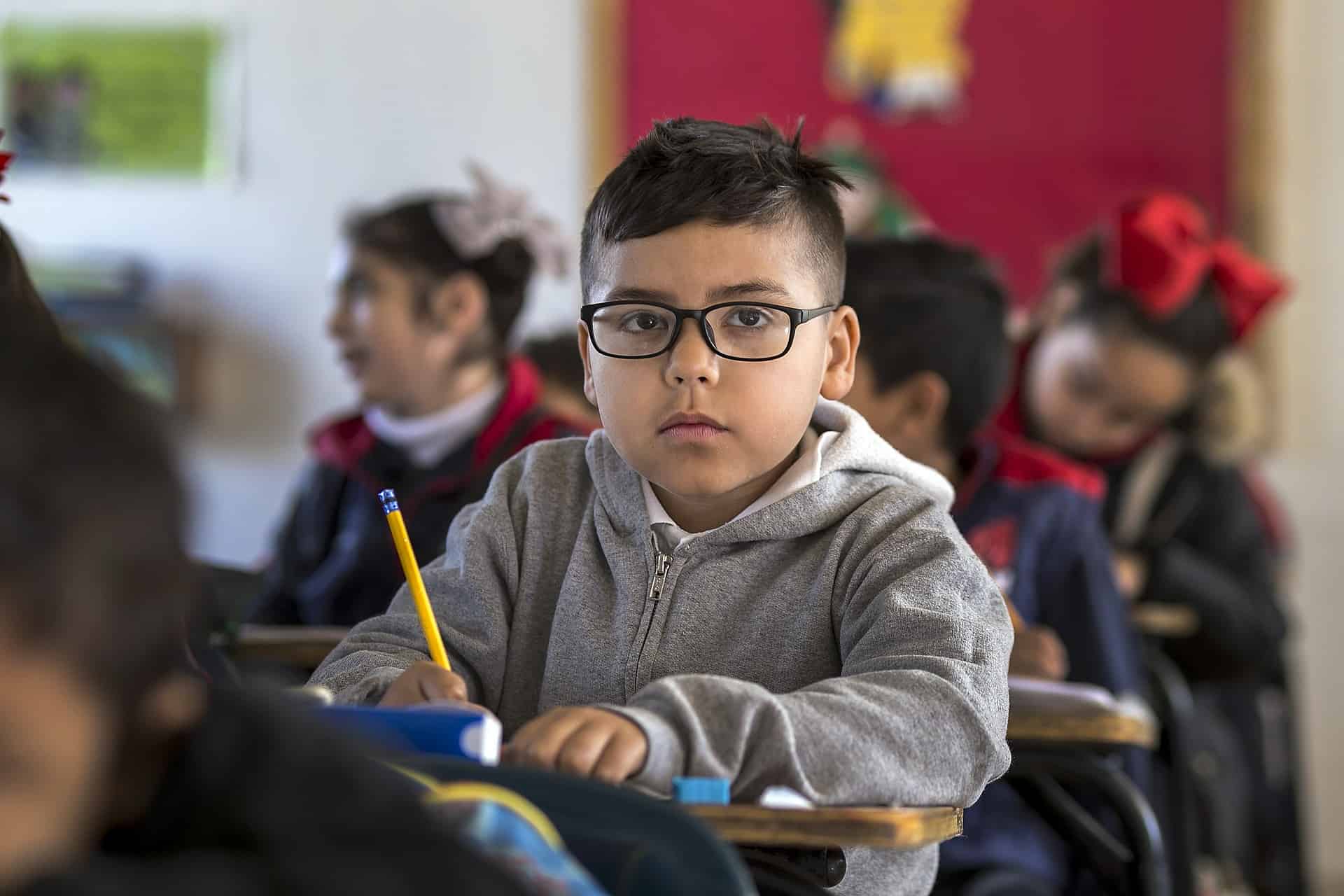Nannies and parents – do you remember when you were a child and your teacher was going to have a talk with your parents? It was always a little nerve-wracking wondering about what they would say. Now the shoe is on the other foot and your child is in school. So how do you have a meaningful conversation with your child’s teacher? For a conversation with your child’s teacher to be productive, there must be clear and open communication between you and the teacher.
Meeting with a Teacher
Most schools offer an open house so that students can meet with their teachers before classes begin. This is also a great time for parents to meet the teacher; however, since many students and parents will be attending, it is not the best time to initiate an in-depth conversation about your child. Establishing an early rapport with the teacher may be as simple as sending an email identifying yourself and your child and wishing the teacher a great school year. You may also call and request a short (15 minutes or so) meeting with the teacher – especially if you have any concerns about your child’s social or academic progress to date. Building an effective parent-teacher relationship early in the school year can benefit the child as well as the adults involved.
When meeting with the teacher, it is important to treat them with respect and to remember that your child is not their only responsibility. Teachers must manage the needs of all the children in their class(es). Be understanding if you do not get an immediate response to a request or questions. Teachers are educated, caring professionals dedicated to the success of their students. They want your child to succeed.
Discussing an Issue or Event
If a child comes home from school and relates a story about something that happened, do not automatically accept the story as totally factual. Oftentimes children misinterpret situations or do not fully comprehend what happened. When confronted with a situation requiring your attention, ask the teacher for their perspective of what happened. Do not automatically assume the teacher has erred in some way and become accusatory. Also, avoid becoming defensive if the teacher identifies an unflattering observation of your child. Always try to be objective. If there was an issue between your child and another, ask what happened and how the situation was handled.
The goal of the parent-teacher relationship is the success of the child. When an issue arises, teamwork can result in a positive solution. Asking questions, using reflective listening skills, and focusing on the issue is crucial to developing and executing a plan for the child’s success.
Conversations between parents and teachers may focus on academic or social issues. It’s not unusual for parents to feel angry or defensive if they are asked to meet the teacher to discuss their child. If you come to the meeting expressing anger and frustration, it hurts your credibility. Whenever possible avoid creating a defensive situation and try to focus on identifying the issue and developing a solution. Start the conversation with something positive – “My child loves your reading nook” or “I appreciate the effort you put into making every student feel important.” Starting with a positive statement will not fix the problem, but it may make it easier to talk about how problems might be solved.
Tips to Communicate Well
Do not be afraid to ask questions. This lets the teacher know that you are trying to understand their perspective and are open-minded. It can also help focus the discussion. If you are uncertain about what the teacher has said, use reflective listening skills to restate the information and get confirmation that you have grasped the concept as intended. This lets the teacher know you are fully engaged. If you have noticed the same behaviors at home, share this with the teacher to establish common ground.
Stay on topic and do not make excuses for unacceptable behaviors. The teacher is not interested in your family history or the problems your brother experienced in school. Keep the conversation about your child, the specific issue at hand, and how you and the teacher can work together for the benefit of the child. As most problems have more than one solution, you may have to develop several strategies or plans to get resolution. Listen to the suggestions offered by the teachers – they have the experience and often know what strategies are most successful for their students’ age group.
When to Intervene
Not every problem your child has at school requires your intervention. A lot of classroom issues can and should be handled by the child. If the child feels they have been treated unfairly, they should be encouraged to respectfully talk to the teacher about the situation. Most teachers will respond to a sincere, respectful student. However, the child should understand that interrupting class is not the best time to discuss individual issues. Talking to the teacher privately before or after school is usually better. For younger children, parents can attend to provide support, but the child should be encouraged to respectfully state their position and then open-mindedly listen to the teacher’s response. If this does not result in a resolution of the issue, a parent-teacher conversation may be required.
Most teachers want to a good job and classroom issues should always be discussed with the teacher first. However, sometimes parents and teachers reach an impasse. If this occurs, you can seek help from the school administration or guidance staff. Use the same approach to these meetings as you would with the teacher conference and remember that your child’s success is the desired outcome.
If you would like additional information, the US Nanny Institute offers an eLearning Facilitator program and certification.


Recent Comments